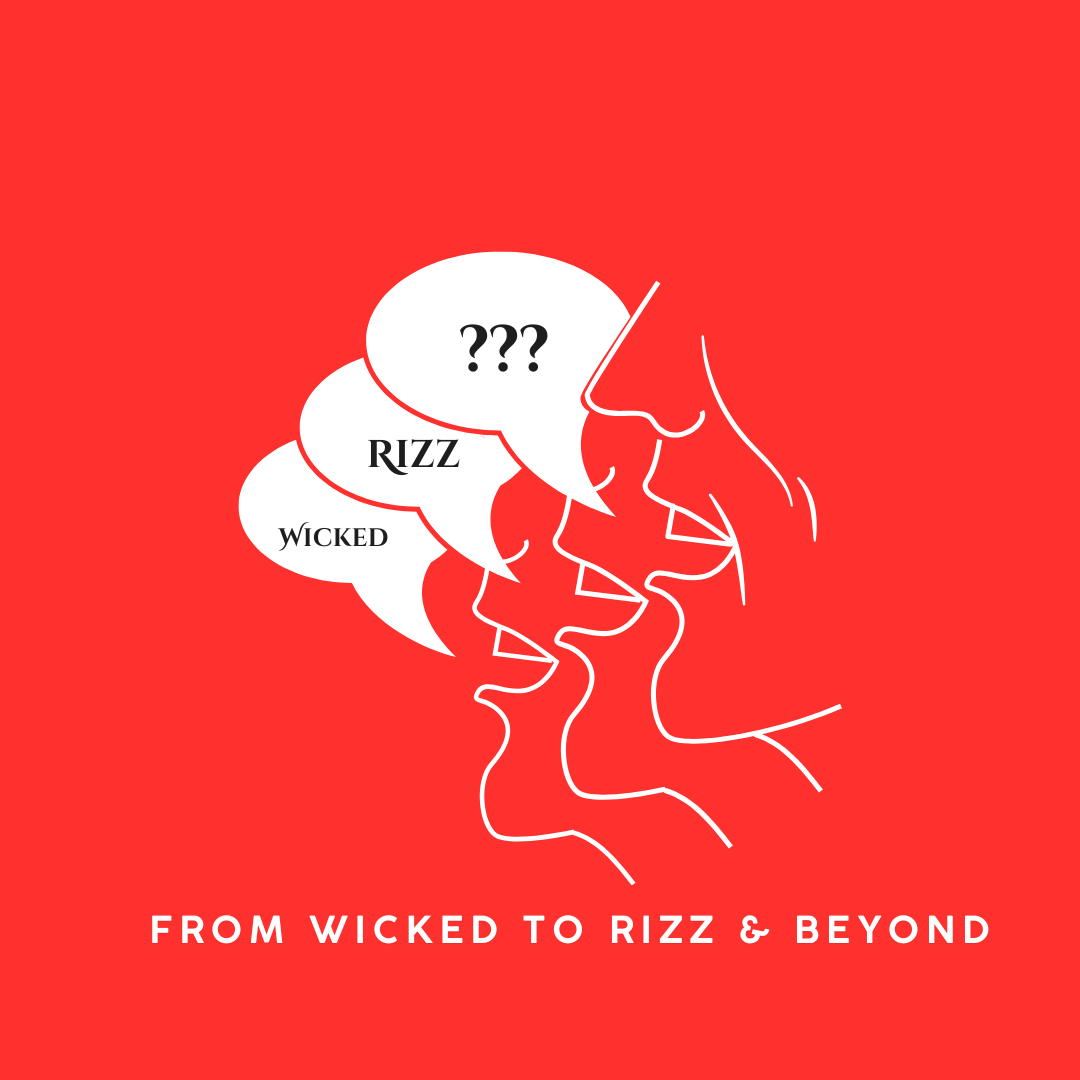The Digital Evolution of Language: Insights from the BBC's Global Story Podcast

We did something a little meta here: we took a podcast about disappearing languages and the creation of new ones, used Aliceapp.ai to preserve it, and then wrote a thought piece on language—its disappearance, preservation, and rapid evolution. It’s almost like linguistic Inception. But it’s fitting—language is at the heart of everything that makes us human. From the rise of the Cognitive Revolution 70,000 years ago to today’s TikTok slang, our ability to share complex ideas has propelled humanity forward.
In this blog, inspired by the BBC's Global Story Podcast, we dive into the role of technology in capturing our ever-evolving linguistic landscape—and why it matters more than ever.
The Podcast That Got Us Talking
Hosted by Lucy Hockings, this episode of the Global Story Podcast brought together linguist Sophia Smith Gayler and BBC Learning English's Neil Edgela to explore the rapid evolution of language driven by social media. From "riz" (Oxford's Word of the Year) to the rise of "uptalk" on TikTok, their insights revealed how algorithms, global connectivity, and digital platforms are reshaping how we speak—and what it means for the future of communication.
But this isn't just about trends. It's about understanding the deeper role language plays in our collective story.
Language: The Superpower That Defines Us
As Yuval Noah Harari explains in Sapiens, it was the development of a flexible, highly expressive language that gave Homo sapiens an edge over Neanderthals and other species. This ability to share detailed information, coordinate on a large scale, and pass down knowledge was—and remains—our greatest tool for survival and growth.
Fast forward to today: while social media accelerates linguistic shifts, it also mirrors the adaptability that has always defined our species. As the podcast’s guests highlighted, words like "riz" aren’t just fleeting trends; they’re examples of how language reflects identity and fosters belonging, even in a hyperconnected, globalized world.
The Role of Alice: Documenting This Evolution
By transcribing this compelling podcast, Alice ensures that these dynamic conversations are captured and preserved. Language, after all, is a living archive of our culture, values, and shared history. Just as early sapiens used their linguistic abilities to document the world around them, tools like Alice help us preserve the words and ideas shaping our future.
The importance of transcription technology is further highlighted in CSU’s 20-year oral history project, where Alice streamlined decades of recorded interviews into a fully searchable, accessible digital archive. Projects like this demonstrate how technology can preserve the nuances of spoken language for generations to come.
From the Past to the Future: Why This Matters
The BBC podcast reminds us that language is more than words. It’s identity, connection, and innovation. While digital platforms reshape how we communicate, tools like Alice ensure we don’t lose sight of the bigger picture: preserving the voices and stories that define us.
Just as Harari’s Sapiens shows how language powered humanity’s leap forward, today’s conversations—captured and analyzed—help us understand where we’re headed next. By celebrating the evolution of language, we honor its past and ensure its future.
Are you working on a language preservation or transcription project? Email us at alice@aliceapp.ai to see how we can help. From academic research to oral histories like the CSU project, Alice is your partner in preserving the voices of today for the world of tomorrow.
